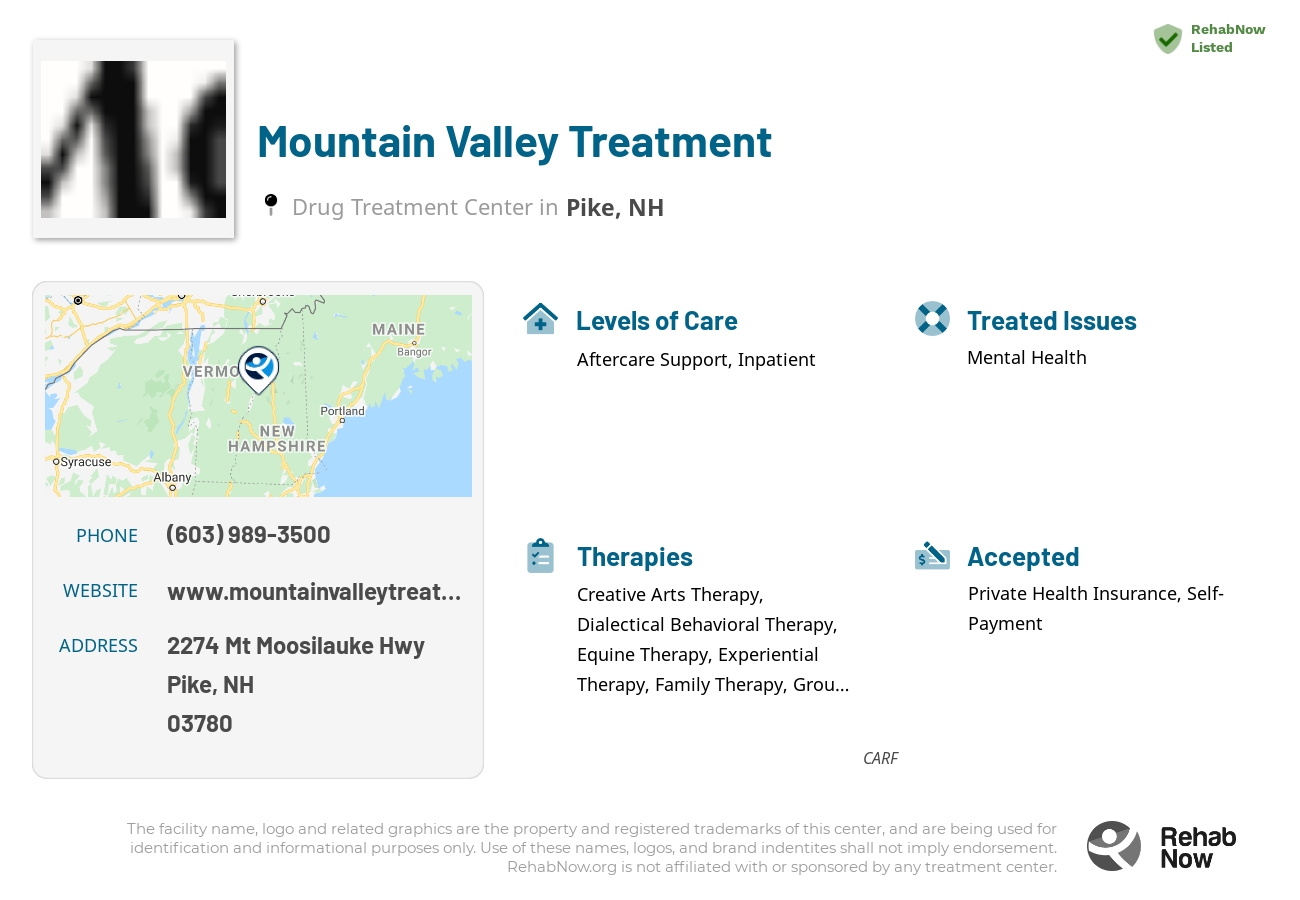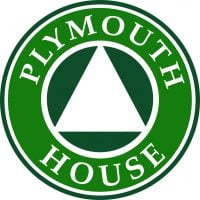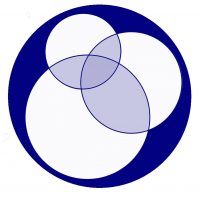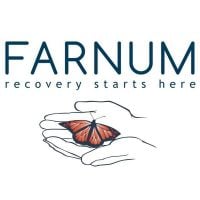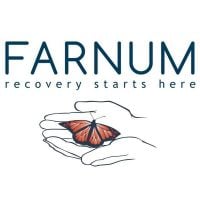Mountain Valley Treatment
Drug Rehab Center in Pike, New Hampshire
Mountain Valley Treatment in Pike, New Hampshire provides comprehensive and individually tailored addiction and substance use disorder treatment that includes evidence-based modalities, medication-assisted treatment, family and 12-step programs, and personalized care plans.
About Mountain Valley Treatment in New Hampshire
Mountain Valley Treatment in Pike, New Hampshire is a 33-bed facility dedicated to providing exceptional care and support for addiction and mental health recovery. This leading addiction treatment center offers both Inpatient Levels of Care and Aftercare Support with accredited CARF standards. Mountain Valley Treatment is equipped to provide medically managed interventions, individual and group therapy, family therapy, trauma therapy, 12-Step programming, evidence-based clinical services, comprehensive psychological testing, and educational groups. They also provide relapse prevention, continuing care planning, and other necessary resources.
At Mountain Valley Treatment, their professional team of clinicians work together to provide comprehensive, individualized treatment plans to each patient, with the goal of helping them move towards lasting recovery. Their Evidence-based approach targets the physical, emotional, mental, and spiritual aspects of addiction, and they offer holistic therapies and alternative therapies such as yoga, meditation, and art therapy. Mountain Valley Treatment is licensed and accredited by both CARF and The Joint Commission, and they accept most private health insurance plans.
Genders
Ages
Modality
Additional
Accreditations

CARF
The Commission on Accreditation of Rehabilitation Facilities (CARF) is a non-profit organization that specifically accredits rehab organizations. Founded in 1966, CARF's, mission is to help service providers like rehab facilities maintain high standards of care.
Conditions and Issues Treated
Levels of Care Offered
This center offers a variety of custom treatment tailored to individual recovery. Currently available are Aftercare Support, Inpatient, with additional therapies available as listed below.
Individuals who are suffering from severe addiction or have a high risk for dangerous health concerns are often recommended to receive inpatient treatment.
Choosing to enter an inpatient treatment program is beneficial for people who are suffering from severe addiction, or who have a high risk for dangerous health concerns.
Inpatient treatment is beneficial for:
- People who have a history of severe withdrawal.
- People who have attempted to overcome addiction on their own without success.
- People who have a history of relapse, or have recently relapsed.
- People at risk for drug overdose or withdrawal-related complications.
- People with medical conditions that are worsened by drug or alcohol use.
Aftercare support should take place after outpatient treatment has ended. There are a few different types of aftercare support that patients can seek. These include 12 Step, Self-help groups (AA, NA), Therapeutic communities, Long-term, structured sober living arrangements, and Halfway houses (residential treatment centers).
Therapies & Programs
Individual therapy involves one-on-one sessions between the patient and therapist. It provides patients with a safe environment to openly discuss personal and sensitive issues with the therapist. They find the therapist as someone they can trust. Individual therapy aims to identify the core issues that would have led the patient to substance abuse and address them effectively. The therapist can develop patient-specific customized solutions through individual therapy, which aids speedier recovery.
Family therapy is a group problem-solving that aims to improve communication and relationships between the addict, their family, and sometimes friends. The main goal of family therapy for drug addiction is to create an environment where communication can occur without judgment, hostility, or blame. The therapist is with the family as they learn to communicate differently, especially with the addict when s/he is using. The family can learn to reduce their enabling behavior or rally together and support each other during tough times.
An addict’s family can play a vital part in helping them to avoid relapse because they can spot the warning signs and help them get back on track before it becomes too much of a problem. Family therapy is one of the most effective ways to help addicts stay on the path to long-term sobriety. When a drug addict decides that they want to try and get sober, it takes the support of every person they love to succeed. It can be incredibly difficult for loved ones to watch an addict go through the pain and suffering of withdrawal, but by being there with them and supporting them, they can help to make sure that the addiction never returns.
Groups typically involve meetings with other recovering addicts who can relate to one another’s experiences. They might meet in person or online and typically focus on the process of staying sober rather than overcoming a specific addiction.
In these groups managed by Mountain Valley Treatment, addicts can build a sense of community and develop strong emotional connections with others who understand what they are going through. These beneficial relationships can help addicts overcome their cravings and prevent relapse at any point during the recovery process.
In general, trauma therapy is a clinical process that helps individuals deal with mental stress often caused by traumatic events. The therapist helps the person identify, understand, and work through the problem. This is done with the help of talking about it in group or one-on-one counseling sessions. Therapists use relaxation, role-playing, art, and music to help the person open up about what is bothering them.
There are many different types of trauma therapists, such as psychiatric nurses and counselors. Not everyone is a good candidate for this type of therapy; it is generally reserved for people who have recently experienced a traumatic event and struggle to get over it. It is often done for children, teenage victims of sexual assault, and war veterans.
Dialectical Behavior Therapy (DBT) is a type of therapy created in the late 1980s and early 1990s to help people with high rates of suicidal behavior. DBT helps people learn how to live a life that is no longer controlled by overwhelming emotions and urges. It is beneficial in treating drug addiction because it helps patients understand and cope with their cravings for drugs or alcohol rather than turning to those substances as a way of coping.
There is hope for people who are addicted to drugs and alcohol. Cognitive Behavioral Therapy (CBT) is the solution. CBT focuses on the underlying thoughts and behaviors that caused the addiction problem in the first place and may cause a relapse. This type of psychotherapy addresses negative feelings common in substance abuse disorders. It helps to change them by restructuring thought patterns. It’s about removing negative thoughts and providing long-term benefits while promoting self-awareness, self-control, and healthy ways to respond to negative thoughts. These sessions can be done by themselves or as part of combination therapy.
The goal of medical nutrition therapy for drug and alcohol addiction is to help patients avoid “trigger” foods. For example, someone who craves alcohol may be addicted to sugar. Making sure this person eats a balanced diet with recommended amounts of protein, vegetables, and fruit can help manage urges to drink.
Nicotine replacement therapy treats nicotine addiction using external sources of nicotine, such as patches or gum to substitute for nicotine. This allows people trying to quit smoking to get their desired dose of nicotine without actually having to smoke cigarettes. The idea behind NRT is that by providing smokers with nicotine in forms that are not cigarettes, they may be more likely to quit smoking.
NRT has been available for many years now, and there is a wealth of evidence that shows that it helps people trying to quit smoking. There are several different types of NRT devices on the market now. Patients interested in quitting smoking should talk to their doctors about the best kind of NRT for them.
Patient Experience
Creative Arts
Creative Arts Therapy is a combination of several different types of art forms offered by Mountain Valley Treatment. Music, painting/drawing, writing, and drama are just some examples. It can help with mental illness and addiction.
CAT is a form of art therapy at Mountain Valley Treatment that uses creative activities such as music, painting, drama, and writing to help patients explore their feelings, develop social skills, and manage behavior. It is particularly effective with people who may not respond to other forms of therapy or lack the motivation to take part in more traditional forms of therapy. When combined with counseling, CATT can help people struggling with addiction or mental illness access their inner voices and discover their unique potential.
Experiential Therapy at Mountain Valley Treatment
Experiential Therapy teaches people how to think differently about their lives and change their emotions by changing their behavior. This type of treatment is accomplished with various activities that may involve acting, props, arts and crafts, animal care, or other tools that may be effective.
This therapy aims for patients to release suppressed thoughts that cause bad feelings and drug addiction. Role-playing, arts and crafts, music, animal care, rock climbing, etc., are some of the activities used in this therapy. Gradually an individual will feel calmer and more loving which will change their perception positively. In addition to treating drug addiction, experiential therapy is beneficial for different behavioral and eating disorders.
Equine Therapy in New Hampshire
One of the most unique benefits of addiction treatment services is equine therapy at a specialized rehab center. Recovery from an addiction can be challenging, and it is often difficult for recovering addicts to reach out and connect with others. It takes great courage and strength to admit that one has a problem and to seek help.
Equine therapy is a non-traditional treatment modality that helps addicts overcome barriers and offers benefits such as:
- Provides support in a unique way while increasing positive self-esteem
- Reduces feelings of isolation by forcing individuals to get out into the community and reach out to others
- Offers a low-stress, nonthreatening environment in which addicts can connect with other people and animals
- Allows recovering addicts to reach out to horses and build trust with them organically to help treat underlying psychological disorders.
Payment Options Accepted
For specific insurance or payment methods please contact us.
Is your insurance accepted?
Ask an expert, call (888) 674-0062
Additional Details
Specifics, location, and helpful extra information.
Pike, New Hampshire 3780 Phone Number(603) 989-3500 Meta DetailsUpdated November 25, 2023
Staff Verified
Mountain Valley Treatment Patient Reviews
There are no reviews yet. Be the first one to write one.
Pike, New Hampshire Addiction Information
Opioids such as fentanyl, heroin, and prescription opioids form the largest drug threat in New Hampshire. More than 80% of all New Hampshire treatment centers admissions were related to one or more of these three drugs. Opioids such as fentanyl, heroin, and prescription opioids form the largest drug threat in New Hampshire. Since 2002, rates of alcohol dependency have also been among the highest in the country. In 2015, almost 15% of the residents were admitted to treatment centers for alcohol abuse.
Treatment in Nearby Cities
- Newport, NH (46.9 mi.)
- Salem, NH (94.4 mi.)
- Plymouth, NH (23.9 mi.)
- Epping, NH (81.4 mi.)
- Colebrook, NH (64.5 mi.)
Centers near Mountain Valley Treatment
The facility name, logo and brand are the property and registered trademarks of Mountain Valley Treatment, and are being used for identification and informational purposes only. Use of these names, logos and brands shall not imply endorsement. RehabNow.org is not affiliated with or sponsored by Mountain Valley Treatment.



